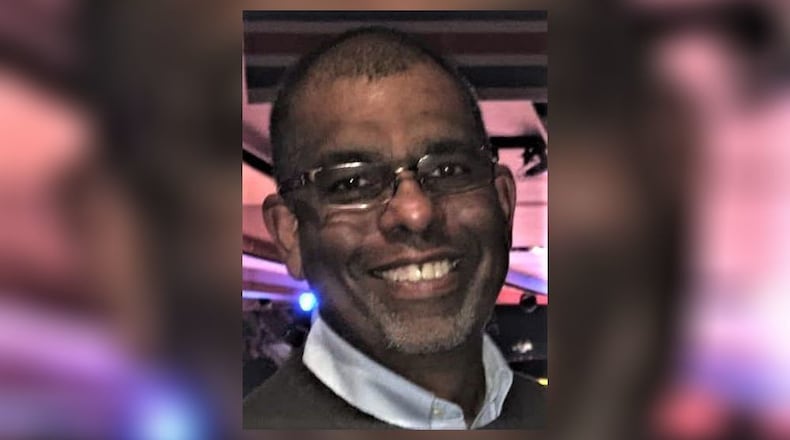What a bunch of nonsense.
“Between the World and Me,” written as a letter from Coates to his son, provides a raw look at racial injustice in America. “But all our phrasing — race relations, racial chasm, racial justice, racial profiling, white privilege, even white supremacy — serves to obscure that racism is a visceral experience, that it dislodges brains, blocks airways, rips muscle, extracts organs, cracks bones, breaks teeth. You must never look away from this,” Coates writes in one passage.
The book, which in 2015 won the National Book Award winner for nonfiction, has been universally praised. A review in the American Conservative called the work “deeply sincere” with “passages of true beauty.” The National Review wasn’t as kind, praising the book’s literary merit but calling it “silly.”
It’s a book about how one Black man sees America. But across the country, people want to silence voices they don’t like.
Addressing the controversy, Republican state Rep. RJ May said lessons need to represent a color-blind society that doesn’t discriminate against white people because of racism in the past, the Associated Press reported.
May is correct. No educator should blame white people for our historical sins or seek to assess blame for the continued racist injustices that plague America today. It isn’t their fault that people still think it’s fashionable to hang a noose from a light pole, as happened last week in Billings, MT.
But there’s a problem. No one can be held responsible for how someone feels. If students “feel bad” about passages in Coates’ book, too bad. This country’s history can make people feel bad when looking deeply at what we once did to each other.
If we threw out books whenever someone felt uncomfortable, we’d have nothing to read.
Should we ban the Trail of Tears, the devastating account of America’s forced relocation of Native Americans that resulted in stealing their land and deaths? What about Martin Luther King’s “I have a Dream” speech, remembered for its signature line but steeped in a condemnation of how America treated (and still treats) Black people? “The life of the Negro is still sadly crippled by the manacles of segregation and the chains of discrimination,” one line of one of the greatest speeches ever reads.
Will we stop teaching that during the civil rights struggle, white people fighting for justice died at the hands of racists determined to stop the push for equality?
Instead, we have a modern-day racist attack on Black authors to discount their experiences and obscure history. The push has nothing to do with a worthy goal — living in a color-blind society. We can’t get there unless we understand the experiences of everyone, whether you like it or not.
And if you discount Coates, what about Miné Okubo’s gripping book, Citizen 13660, about being forced into an internment camp in America during WWII? What about Childhood by Jona Oberski, a searing, painful, and heart-wrenching look at what it’s like to be a child during the Holocaust?
We won’t so easily discount those experiences. We won’t so easily say those points of view make us uncomfortable.
The South Carolina case proves instructive here in Ohio, where lawmakers have studied efforts to ban any teaching that might make white students feel bad, ignoring that no one can tell them how to feel.
Books like Coates help us understand a perspective we often lack because we don’t often talk about race and how it affects people. You can criticize the novel for its less-than-optimistic tone, but you can’t discount Coates’ experiences and how they have informed his view of the world.
His view has value because it teaches us something we may not otherwise understand or worse, ignore.
Ray Marcano’s column appears on these pages each Sunday. He can be reached at raymarcanoddn@gmail.com.
About the Author
